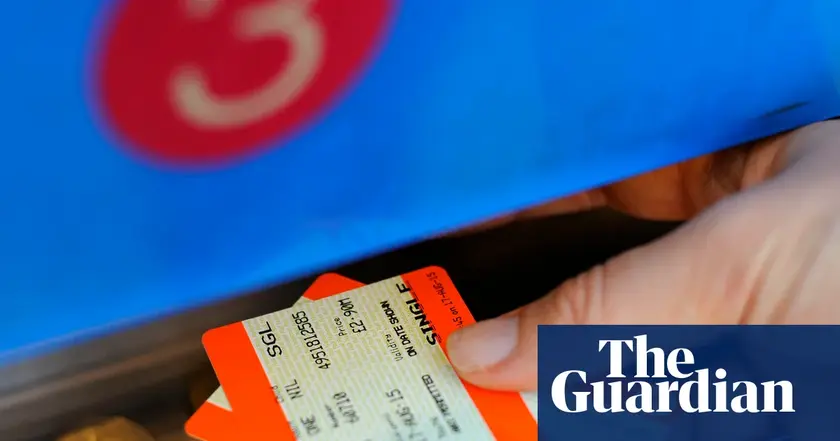T4K3.news
Rail fares set to rise 5.8 percent
Rail fares in England could go up by as much as 5.8% next year as inflation stays high, affecting commuters and households.
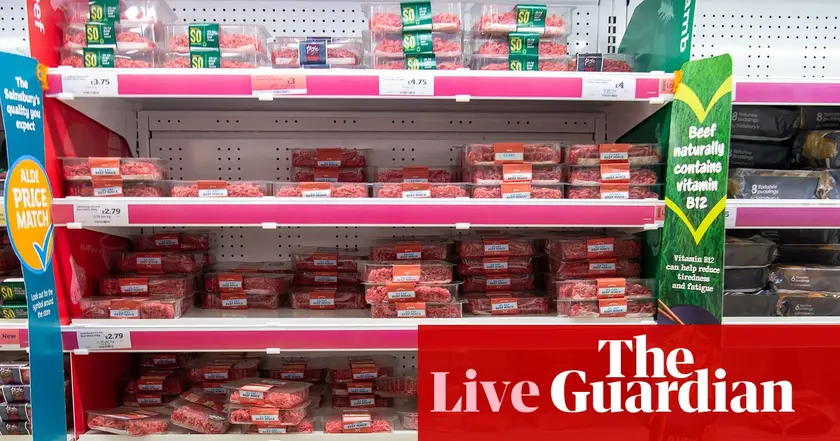
A high inflation reading and a planned rail fare rise shape the cost of living debate in Britain.
Rail fares set to rise 5.8 percent as inflation stays high in the UK
UK inflation accelerated to 3.8% in July, driven by higher air fares, petrol and food prices. The rise is the highest since early last year, and the core rate also rose to 3.8%, suggesting broad price pressures beyond energy. The Office for National Statistics notes the jump followed a surprise uptick in several services categories and a persistent squeeze on households from transport costs.
Rail fares in England are on track to rise by as much as 5.8% next year, based on current patterns that tie regulated fare increases to July’s inflation reading. The prospect of steeper ticket prices comes as households face a mix of rising food prices and higher travel costs, complicating the cost of living for many families. After the latest data, economists and policymakers are weighing how long inflation will stay elevated and what that means for monetary policy and public finances.
Key Takeaways
"Air fares and transport costs pushed inflation higher in July"
Grant Fitzner, ONS chief economist
"There’s more to do to ease the cost of living"
Rachel Reeves, chancellor
"Inflation is likely to stay above the target until next spring"
Matt Swannell, EY Item Club
"Food and drink makers are squeezed by costs and will pass some of that on to shoppers"
Jim Bligh, FDF director
The latest numbers underline a stubborn price backdrop that is increasingly broad. Transport and food costs are not easing, and the potential rail fare rise could amplify financial pressure for commuters. That combination makes it harder for households to sustain consumption and for the economy to regain momentum without triggering more price pressure.
Policy makers must balance inflation control with affordability. With inflation likely to stay above the Bank of England’s target for some time, bets on near-term rate cuts have waned. Public debate is sharpening around how to shield families from rising living costs while keeping investment in essential infrastructure and the broader economy intact.
Highlights
- Inflation sticks to households like a fare hike they can't dodge
- Commuters feel the squeeze at the turnstile and the till
- Policy makers must act now to ease the cost of living
- Markets watch inflation as the BoE weighs the next move
Economic sensitivity and public reaction risk
The proposed 5.8% rail fare rise amid a stubborn inflation backdrop could provoke public backlash and become a political talking point ahead of budgets. The mix of transport price increases and living-cost pressures may shape policy responses and wage discussions.
The coming months will test whether price pressures can soften without slowing growth.
Enjoyed this? Let your friends know!
Related News
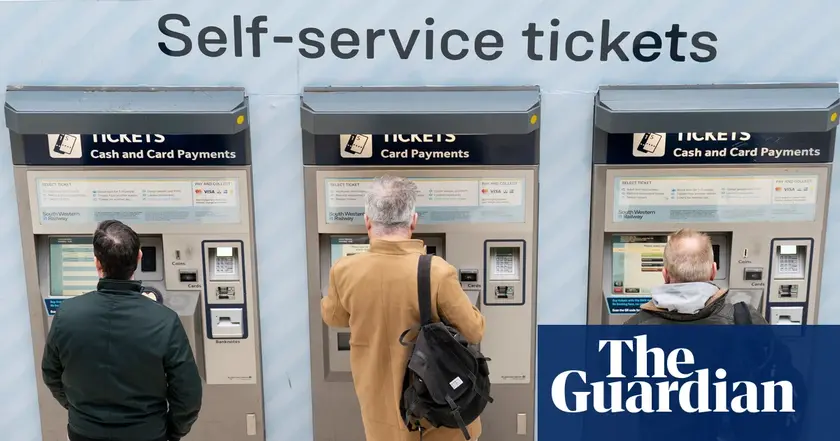
Rail fares could rise 5.8 percent next year

Rail fares set to rise
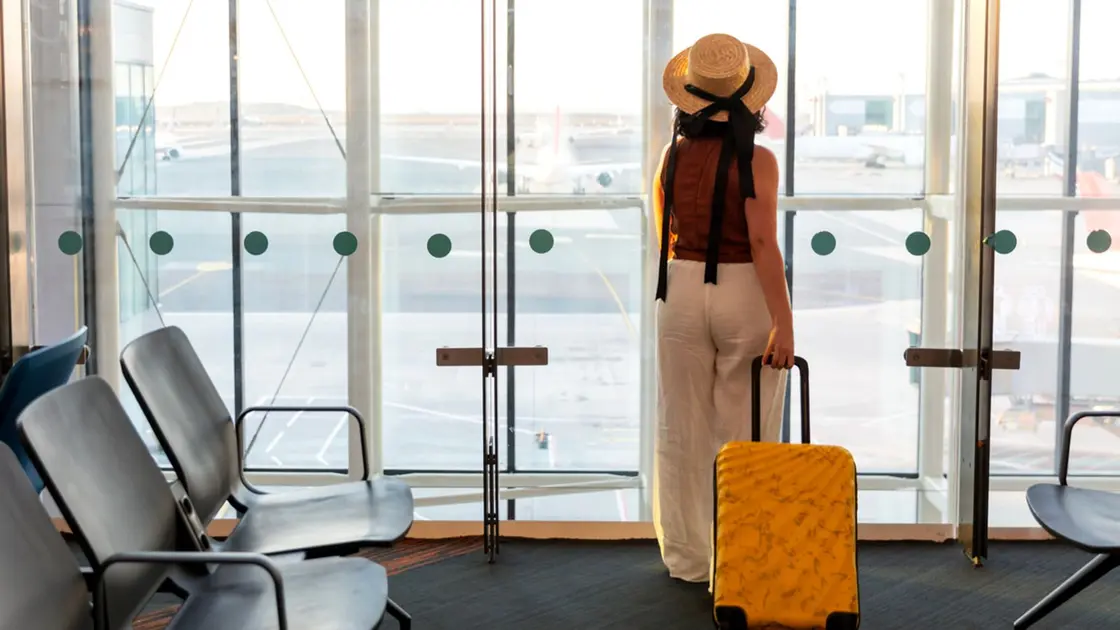
Inflation rises in July
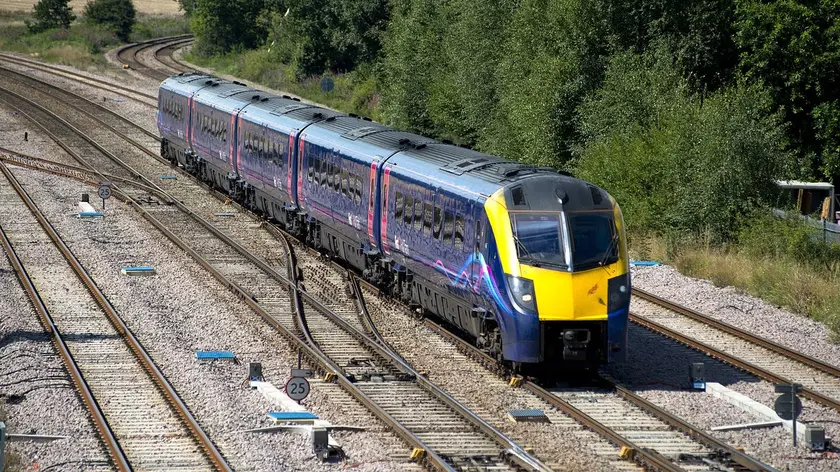
Rail fares could rise next year
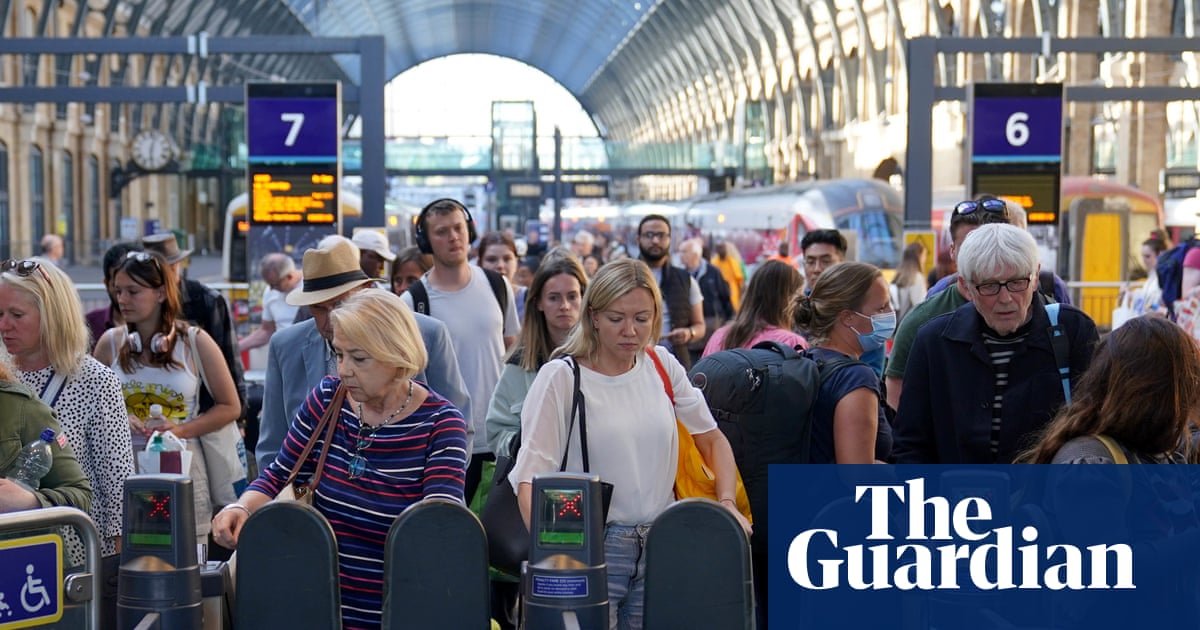
Rail fares in Britain increase by 5.1%
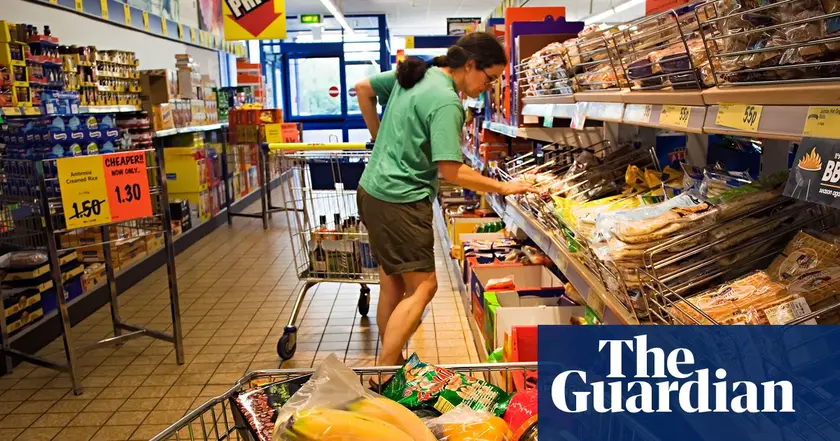
UK inflation at 3.8% in July
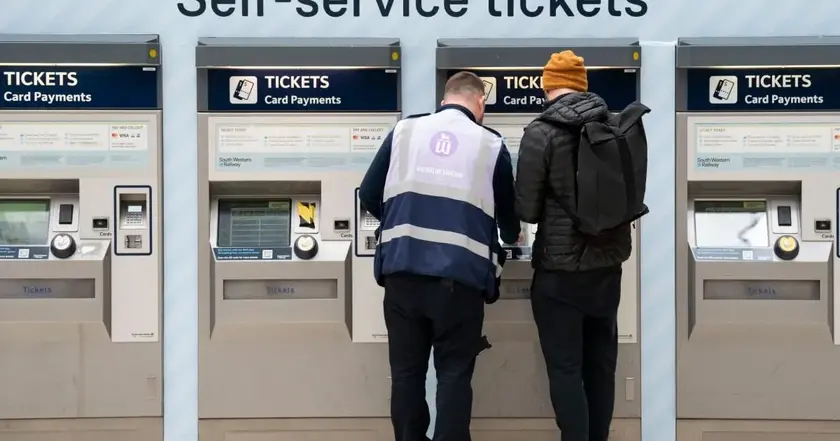
Rail fares set to climb next year

Elon Musk awarded shares worth $29 billion
